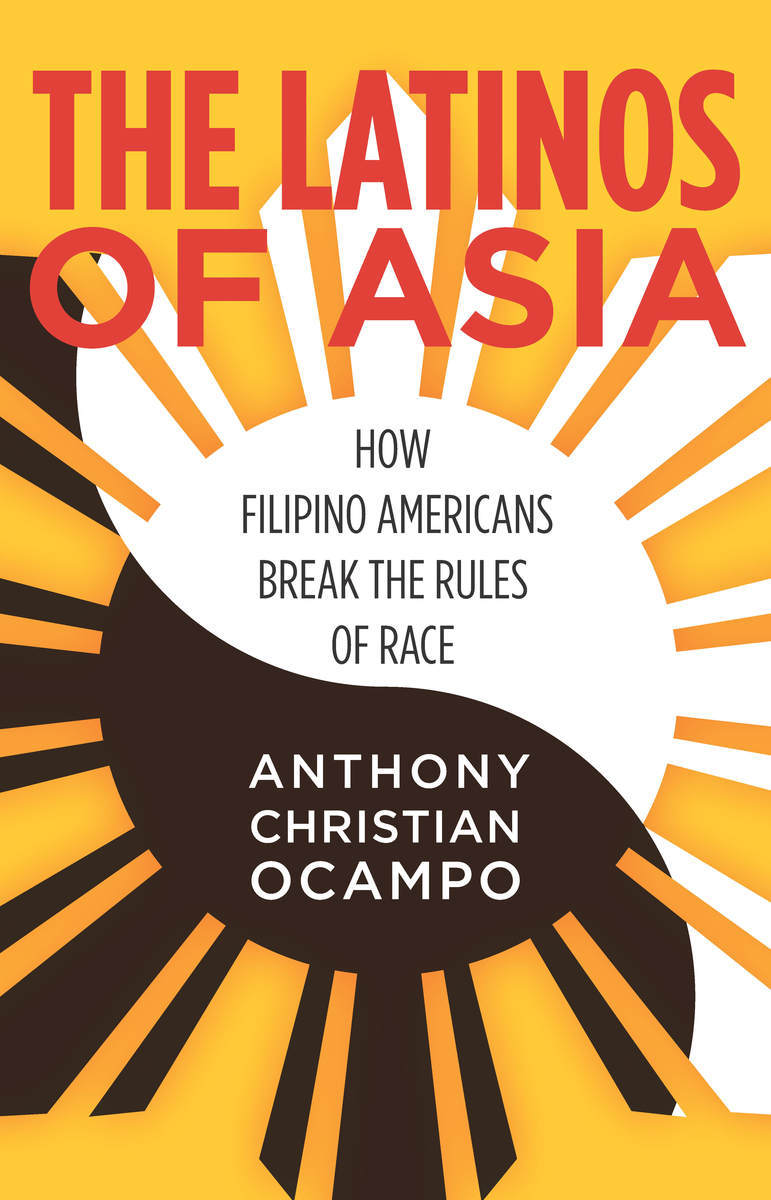The ‘R’ WordPosted in Autobiography, Books, Communications/Media Studies, Monographs, Politics/Public Policy, Social Science, United Kingdom on 2016-03-16 20:04Z by Steven |
Biteback Publishing
2015-11-27
224 pages
Hardback ISBN: 9781849549424
eBook ISBN: 9781785900099
Kurt Barling, Professor of Journalism
Middlesex University, London, United Kingdom
Race and racism remain an inescapable part of the lives of black people. Daily slights, often rooted in fears and misperceptions of the ‘other’, still damage lives. But does race matter as much as it used to? Many argue that the post-racial society is upon us and racism is no longer a block on opportunity – Kurt Barling doubts whether things are really that simple.
Ever since, at the age of four, he wished for ‘blue eyes and blond hair’, skin colour has featured prominently as he, like so many others, navigated through a childhood and adolescence in which ‘blackness’ defined and dominated so much of social discourse. But despite the progress that has been made, he argues, the ‘R’ word is stubbornly resilient.
In this powerful polemic, Barling tackles the paradoxes at the heart of anti-racism and asks whether, by adopting the language of the oppressor to liberate the oppressed, we are in fact paralysing ourselves within the false mythologies inherited from raciology, race and racism. Can society escape this socalled ‘race-thinking’ and re-imagine a Britain that is no longer ‘Black’ and ‘White’? Is it yet possible to step out of our skins and leave the colour behind?









